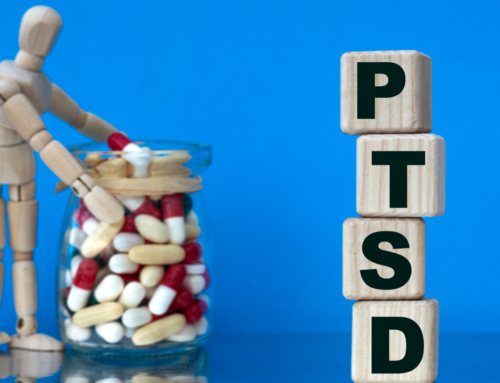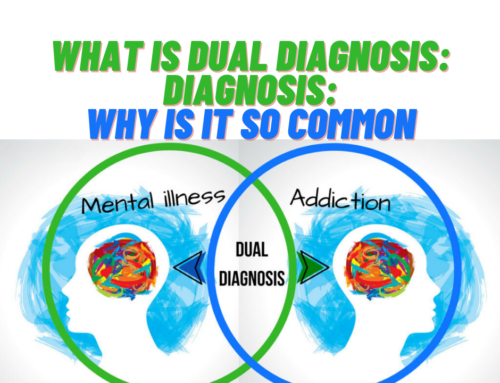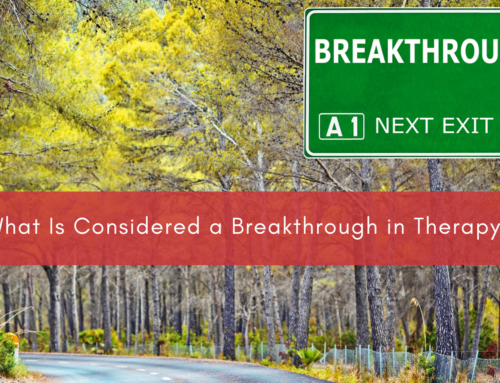The United States is within the grips of an opioid crisis, and treatment professionals actively seek alternative treatment options for chronic pain. The need for alternatives is imperative since almost 100 million Americans live with chronic pain. Since the late 1990s, the initial treatment option for most of these patients was opioids, such as hydrocodone, oxycodone, and morphine. In recent years, overprescribing of opioids has appeared as the initial culprit for the development of the opioid crisis. The Center for Disease Control (CDC) recently altered the guidelines for the prescribing of these drugs, while various states passed laws limiting opioid use, and awareness of the issue of overprescribing of these drugs increased among physicians. Thus, opioid prescriptions between 2013 and 2017 decreased by 22 percent.
Looking for Non-Drug Pain Treatments
Psychological treatments are powerful tools in the search for non-drug pain treatments. Many studies show that the best treatment for pain occurs at the biological, psychological, and social levels. Treating pain with low-risk options involves behavioral and psychological treatments. Three different government agencies, including the National Institute of Health (NIH), the Department of Defense (DOD), and the Department of Veterans Affairs (VA), have invested over $80 million collectively to study non-drug pain treatments for veterans in particular.
Research continues to grow and continues to point at the psychological factors which impact and influence the experience of pain. The most commonly used psychological treatment for pain is cognitive-behavioral therapy, or CBT, which helps patients learn to control their thoughts related to pain. It teaches them to guide their irrational thoughts about their pain into thinking of pain as manageable, which they can deal with through self-care and other treatment options. CBT programs educate individuals about pain, psychological tools to manage symptoms of pain, and self-management skills, which leads them to live better and become more active while dealing with their pain in healthy ways.
Are You Seeking Help?
Psychological and behavioral treatments like CBT include hypnosis, mindfulness-based stress reduction (MBSR), and acceptance and commitment therapy. These non-drug treatments for pain have no documented harms, unlike the many risks of opioid use and other drug-related treatments. Thus, physicians and treatment professionals are more inclined to prescribe these behavioral-based pain treatments. The problems arise with providing access to these treatments, and barriers dealing with insurance covering these programs.
At Alta Loma Transformational Living, you will meet knowledgeable, compassionate professionals that understand addiction in all its forms. Alta Loma uses an integrative and holistic approach to treat addiction and mental health issues. No treatment is one-size-fits-all, where you will have a team of experts prepared to create your customized treatment plan. We offer care for your mind, body, and spirit, so that you can heal from the inside out and look forward to a lifetime of sobriety and wellness. If you are ready to take the first step in your recovery, please call us at 866-457-3843.



